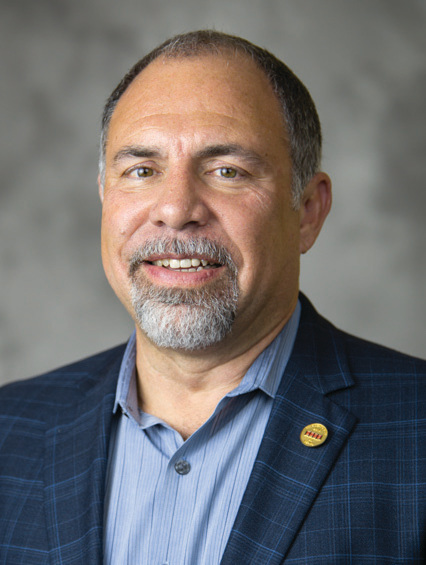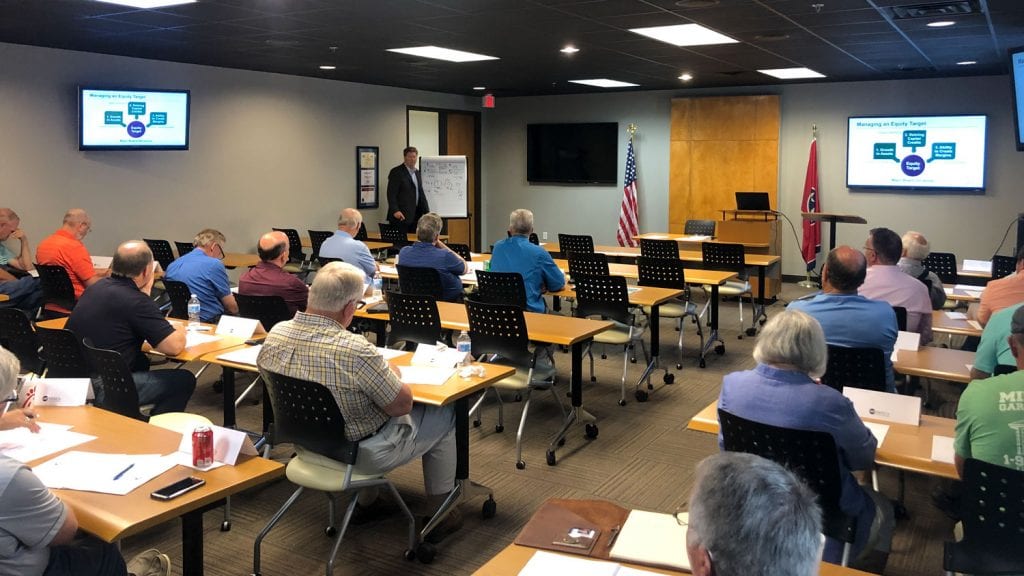
A recent Forbes article detailed that the armed forces’ current cost of training a fighter pilot “adds up to an estimated $5.6 million for an F-16 pilot, $10.17 million for an F-35A pilot and $10.9 million for an F-22 pilot.”
That’s a tremendous investment in someone’s education. But, when you think about the cost of the equipment these pilots are operating, it doesn’t seem that extreme. Those planes cost between $94 million and $150 million each. You want Maverick to know what he’s doing.
No matter your occupation, you’ve had to complete some type of training to effectively perform your job. Our co-op directors are no exception. They must stay abreast of things like finances, labor laws and long-term planning and must be knowledgeable about issues unique to our industry such as safety, generation and transmission.
The electric utility industry is one of the most complex businesses around, and with the current concerns on climate change, it is getting even more so.
Obviously, there is a tremendous difference between flying a fighter plane and managing a utility. However, the cost of the equipment involved in powering our electric infrastructure is equally substantial. Across the state, electric cooperatives have more than $2.7 billion invested in poles, wires and substations. Factor in handling over $100 million annually in revenue, and that’s quite an investment and responsibility.
Serving as an electric cooperative board member means agreeing to take on this tremendous responsibility. Co-op boards meet monthly and make decisions that affect the daily lives of more than 2.5 million Tennesseans. To properly manage those systems requires not only well-trained employees but a board that is equipped to make sound business decisions.
Co-op directors receive some of their training at their local cooperatives. They may attend monthly safety meetings or have educational programs as part of their monthly board agendas.
The National Rural Electric Cooperative Association offers a very comprehensive training package designed especially for our directors. The first level of certification is the Credentialed Cooperative Director, which covers what every board member should know. Attaining the more advanced Board Leadership Certificate requires attending 10 intensive courses.
The Tennessee Electric Cooperative Association coordinates the training for our cooperatives. We offer classes at our office in Nashville and throughout the state. Many directors have full-time employment that may require the use of personal leave to attend the classes. For that reason, we try to keep the majority of our courses near them.
Tennessee’s directors have been dedicated to their education. In fact, Tennessee maintains one of the highest percentages of directors attaining advanced certification in the Southeast. That is a great achievement.
So, if you happen to see a large group of men and women at your local cooperative, pens and notebooks in hand, it might be your directors going back to school. While our children are sitting in schoolrooms across the state, learning writing and math skills to prepare them for their future careers, your local electric co-op directors are spending hours in classrooms as well, preparing your cooperative for a successful future.



